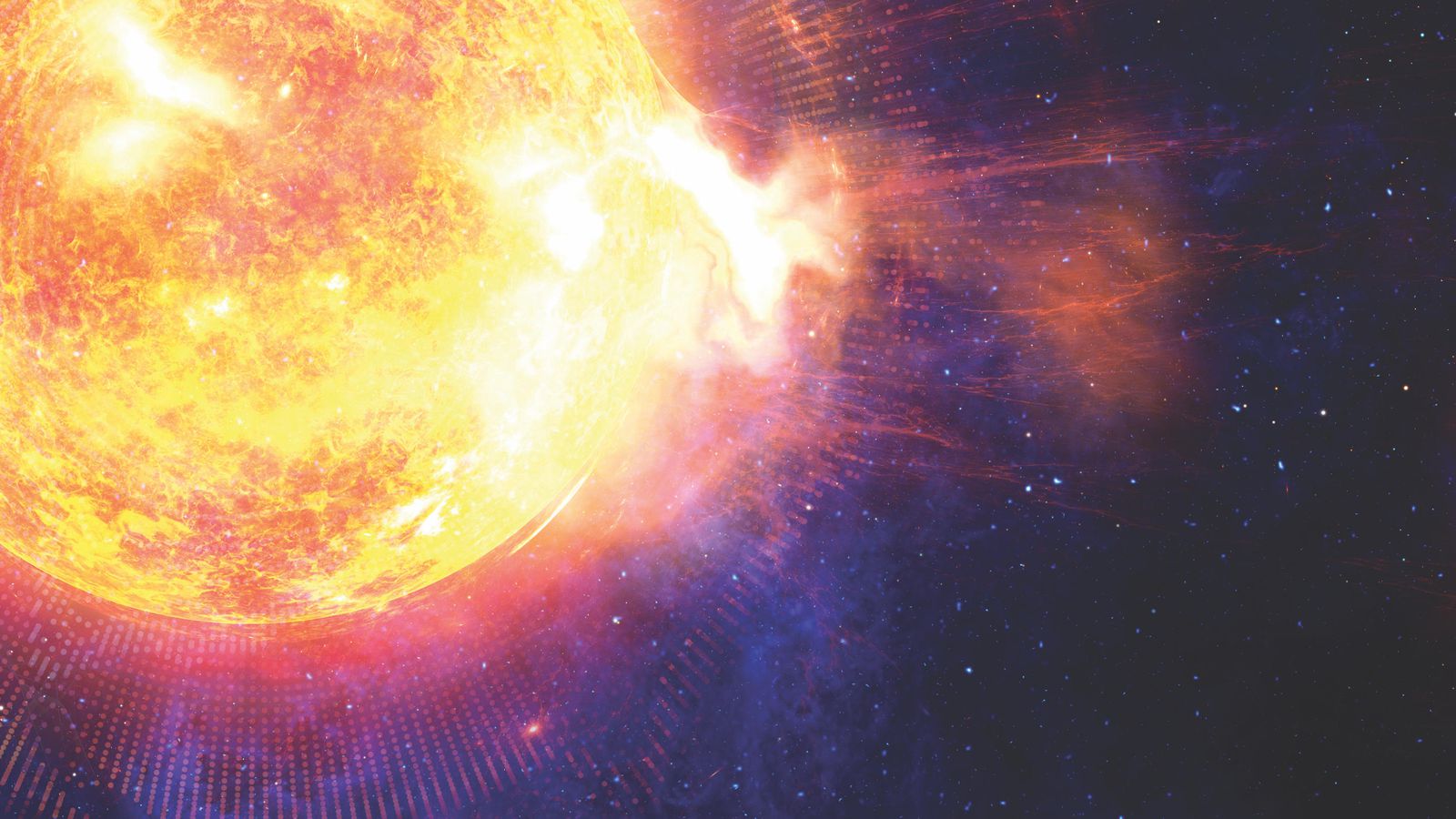
What is Aphasia?
Aphasia, which means the inability to speak in Greek, is generally called language disorder syndrome. As a rule, the brain lobe that is active in our speech acts. Therefore, aphasia occurs as a result of some damages to the brain, especially within the left lobe language network. As a result of the damages that occur here, it can cause understanding, expression, or disorders in both.

Broca’s Aphasia:
Broca’s aphasia is caused by damage to the left hemisphere of the brain in the Broca’s area, Broca’s aphasia is sometimes called disfluent aphasia or agrammatic aphasia. It is named after French scientist Pierre-Paul Broca (1824-1880), a French surgeon and anthropologist. Broca’s aphasia is a type of aphasia that the person knows what they want to say, but cannot produce the word or sentence.
Readings are not exactly readings because they are at a one-word level. They can just match words. They can’t even write their names. They can’t do mathematical calculations. Comprehension or reading and listening are less affected compared to speech and written expression. Simple sentences are quite easy to understand. For example, they understand the phrase “Hasan likes ice cream” more easily than the phrase “Ice cream is a food that Hasan loves”. People with Broca’s aphasia can understand most of what they are told, but they have difficulty in responding. To summarize, there are no problems in communication in the form of input, but output is problematic. Someone with Broca’s aphasia may also experience less pronounced communication disorders. For example, this can include yes/no confusion or saying yes when they want to say no.
Broca’s aphasia is often defined as “keeping words at the tip of the tongue.” Broca’s aphasia is called non-fluent aphasia because the speech is laborious and when it starts, there are pauses. Another defining feature is that when sentences are produced, they often have incorrect syntax, word order, and grammar. Since they are not aware of the condition of their mouths, mirrors can be worked during treatment to provide a vision for the patient. They do a lot of literal paraphasia (displacement of sounds in words). Instead of saying flowers, they call it “flewors” and leave it, they do not insist on fixing it.
Language and speech therapy can be very useful for patients with Broca’s aphasia. Broca’s aphasia patients can improve their communication abilities for a long time after a stroke, especially with therapy and support.

Features of Broca’s Aphasia:
-Speech can be very challenging and limited to a few words.
-The use of preposition, objects and conjunction is particularly difficult and is often excluded from speech.
-Sentences can be separated and/or shuffled.
-There may be word changes, e.g. It’s like “week” instead of “moon.”
-The conversation is laborious and may involve pauses.
-Writing skills often reflect speech.

Wernicke’s Area (Aphasia):
In 1874, german neurologist Carl Wernicke studied a condition he had experienced from his patients, and he found out as a result of the autopsy research that his patients had damage to the left temporal lobe of their brains near the hearing area. This area was later considered the Wernicke’s area.
The Wernicke’s area transfers and allows us to understand the meaningful sounds heard later in the transmission of symbols that we hear with our ear sensory organ through nerves to the primary hearing area in our daily lives. The front part of Wernicke’s area is also more effective in understanding the words we hear in everyday life, while the other side is that we understand the sentences we hear. At the same time, the Wernicke’s area is in constant contact with the Broca’s area through the arcuate fascicle. In this way, Wernicke’s area sends sentences or words created in accordance with the grammar to the Broca’s area to respond to the sentences we hear and understand. The Broca’s area also allows us to physically respond with the skill function it provides to the muscles in the face, tongue, windpipe.
Wernicke aphasia is also known as sensory aphasia. The Wernicke’s area is a crossroads through many important connections that perform effectively in the creation of sound patterns. Therefore, the damages that may occur here affect many performances based on both current and past auditory meanings. Therefore, the comprehension performance of patients with Wernicke’s aphasia has been severely impaired.
Since the Wernicke area is an area where many connections pass, individuals with Wernicke’s aphasia cannot understand the sounds they hear, read the writings they see and say the names of the objects they touch. Because patients have impaired naming skills, they have difficulty finding and saying the appropriate word. Recurrence disorder is also seen in these patients because the Wernicke’s area is the centre of comprehension, so the patient cannot repeat it because they cannot understand effectively due to the damage there. Besides, a significant reading and writing disorder occurs in these patients.
Although their comprehension skills are so bad, these patients speak perfectly normally, their pronunciation is good, their sentences are quite long and smooth. When we listen from away, we perceive it as a perfectly normal conversation. But when we go to them and listen carefully, their conversation is quite complicated and very meaningless.

Words Can Be Confused !
Patients may use other irrelevant words instead of one word in their speech, which is called verbal paraphasia. For example, “What’s your name?” “I’m happy to be here.” When we say welcome, they can say, “I’m fine, how are you?” These patients sometimes respond by combining letters that do not form a meaningful word with sounds and creating new words.
We call it neological paraphasia-style conversations. To illustrate with examples, when we point to the phone and ask what this is, they give very meaningless answers such as “sephe” or “kalanal” when we show the book and ask what it is.
When we show patients any pictures, photos and ask them what they see here, they respond either in the form of verbal paraphasia or in the form of neological paraphasia. We have a hard time understanding what they’re saying or what they mean. Since these patients have a general comprehension disorder, they also hear what they say but do not understand it. That’s why they don’t realize the mistakes they’ve made. In this case, it makes them think they’re having a normal conversation. They can get angry when they realize they’re not understood.

A more elaborated taxonomy
The table below shows the relationship of 8 named aphasic syndromes to six general types of
symptoms:
| Fluent | Repetition | Comprehension | Naming | Right-side hemiplegia | Sensory deficits | ||
| Broca | no | poor | good | poor | yes | few | |
| Wernicke | yes | poor | poor | poor | no | some | |
| Conduction | yes | poor | good | poor | no | some | |
| Global | no | poor | poor | poor | yes | yes | |
| Transcortical motor | no | good | good | poor | some | no | |
| Transcortical sensory | yes | good | poor | poor | some | yes | |
| Transcortical mixed | no | good | poor | poor | some | yes | |
| Anomia | yes | good | good | poor | no | no |
Refferences:
https://www.aphasia.com/aphasia-resource-library/aphasia-types/brocas/
https://www.ling.upenn.edu/courses/Fall_1998/ling001/neurology.html










